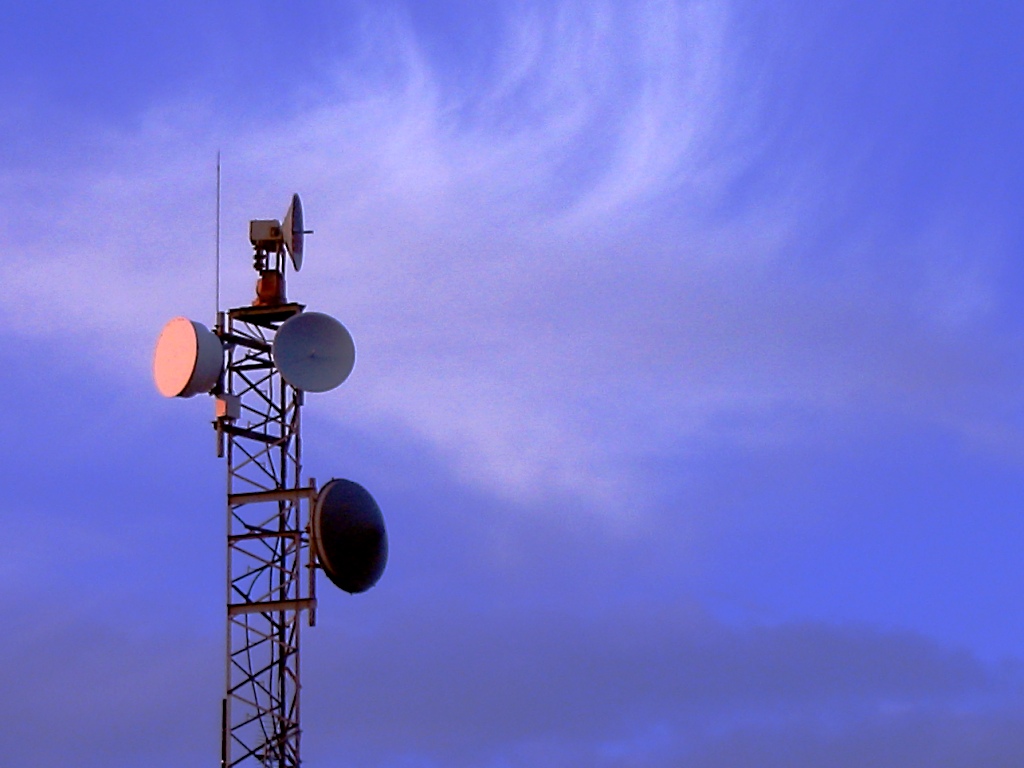Help us protect the commons. Make a tax deductible gift to fund our work. Donate today!
Six years ago we wrote a blog post titled WIPO’s Broadcasting Treaty: Still Harmful, Still Unnecessary. At the time, the proposed treaty — which would grant to broadcasters a separate, exclusive copyright-like right in the signals that they transmit, separate from any copyrights in the content of the transmissions — had already been on WIPO’s docket for several years. It’s still on the table today, and now some countries are calling for actions to finalise the agreement.
The broadcasting treaty is still harmful and still unnecessary.
The current text contains many of the same damaging provisions, such as long term of protection (possibly 50 years) and little to no support for limitations and exceptions to the right which could provide needed protections for activities such as news reporting, quotation, education, personal use, and archiving.
But the dealbreaker for CC is the fact that the treaty would essentially invalidate the permissions that users of Creative Commons grant when they share their creativity under open licenses, and instead gift new and unwarranted rights to broadcasting organizations that have added little or no value to the underlying work being transmitted. This is because the rights provided to broadcasters in the treaty would apply separately from copyright, thus permitting them to restrict how the content is shared even if the creator of the video or audio content has already released it under a Creative Commons license, or if it’s already in the public domain.
This week CC CEO Ryan Merkley presented at a seminar in Geneva hosted by Knowledge Ecology International. The event examined the broadcast treaty in relation to access to culture.
Below is an excerpt from Ryan’s talk. You can watch the entire event online (Ryan’s remarks begin at 2:05:50).
Journalists, documentary filmmakers, podcast creators and others are using CC licenses to share their works broadly, and some of this media are used by traditional broadcasters too. These creators who choose to share their works and enable some permissive uses expect their works to be broadly accessible to the public under the terms of the CC license they chose. And they should be applauded for sharing works under permissive terms so their audiences can view and use them.
All Creative Commons licensors permit their works to be used for at least non-commercial purposes. When an author applies a CC license to her work, she grants to the public a worldwide, royalty-free license to use the work under certain terms. And many authors simply want to share their creativity freely under open terms to benefit the public good. For example, educators and scholarly researchers create and share works primarily to advance education and to contribute to their field of study—not necessarily for financial remuneration.
CC has pushed back on other policy changes in the realm of IP that would downplay or break how the CC licenses work, or enclose works that should be in the public domain. I remain concerned that the current draft would have a number of negative impacts, because it grants rights that reach overtop of those of creators.
The broadcasters argue that their investment should give them this right. But this shouldn’t be the test. The same argument could be used to give Museums rights over the works on their walls (which of course they want, and which at least one museum in Germany has successfully argued for in their courts), Movie theatres a right over the light particles that pass from the projector to the screen, or Booksellers the right over the books they put on their shelves, or even the trucking company that moves the books from the warehouse to the bookstore. Promoting and delivering content should not convey rights over the content itself — whether we call it the signal or not.
One alarming element in the proposal gives rights over the broadcast signal of works that are in the public domain or openly licensed.
In no cases should the treaty give broadcasters post fixation rights in works that are in the public domain, or openly licensed. It violates the spirit and wording of Creative Commons licensing, and creators who wish to have their works travel freely without additional strings attached. Broadcasters don’t own the content, and have no rights to the content of public domain and Creative Commons licensed works.
Works in the public domain should be free of these copyright-like restrictions, as we’ve argued in other areas – such as the notion that digital reproductions of works in the public domain should also be in the public domain (and not give rise to new copyrights).
Supporters of the broadcast treaty have failed to make a compelling, evidence-based case for a separate right, to identify the specific causes and resolutions for harm, and to show likely positive impacts of the treaty. However, there is significant risk that granting this new broadcasting right will limit access to information and culture.
Broadcasters already have legal remedies available to them to combat signal theft, and copyright law covers infringement in the underlying content.
WIPO should halt the proceedings of the broadcast treaty. With each passing year, it looks more and more like a solution in search of a problem.
Posted 05 October 2018